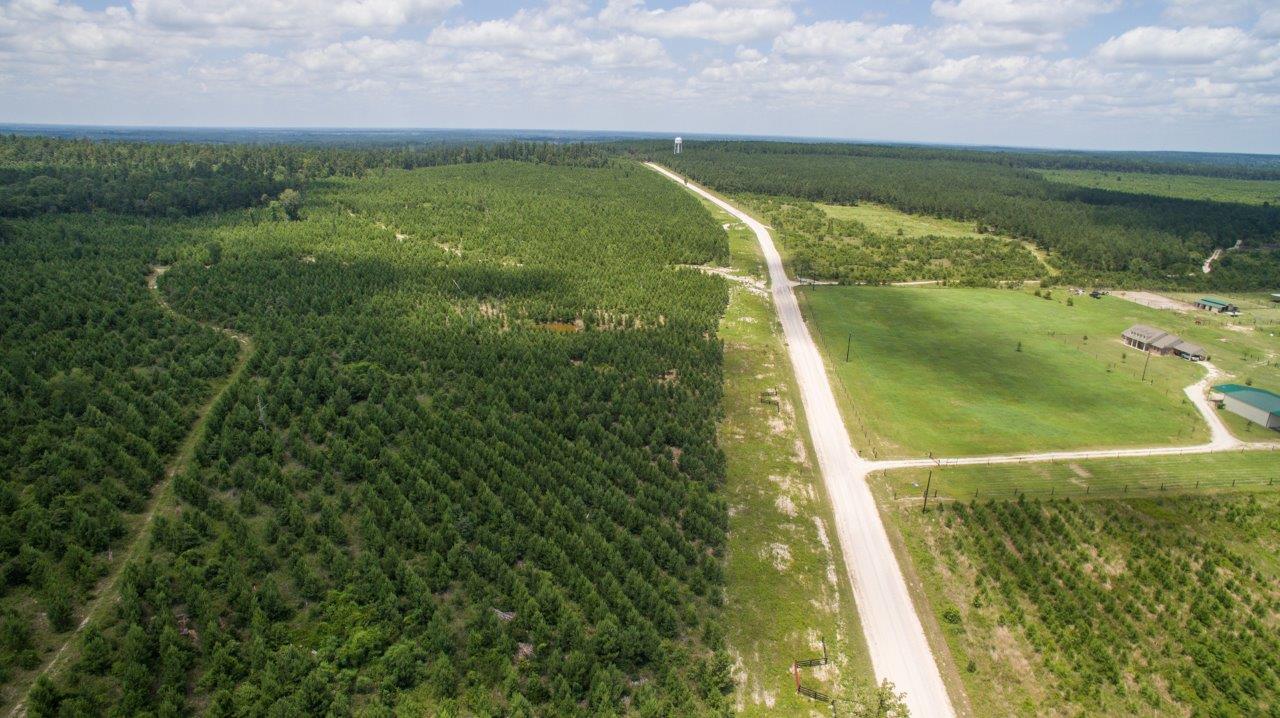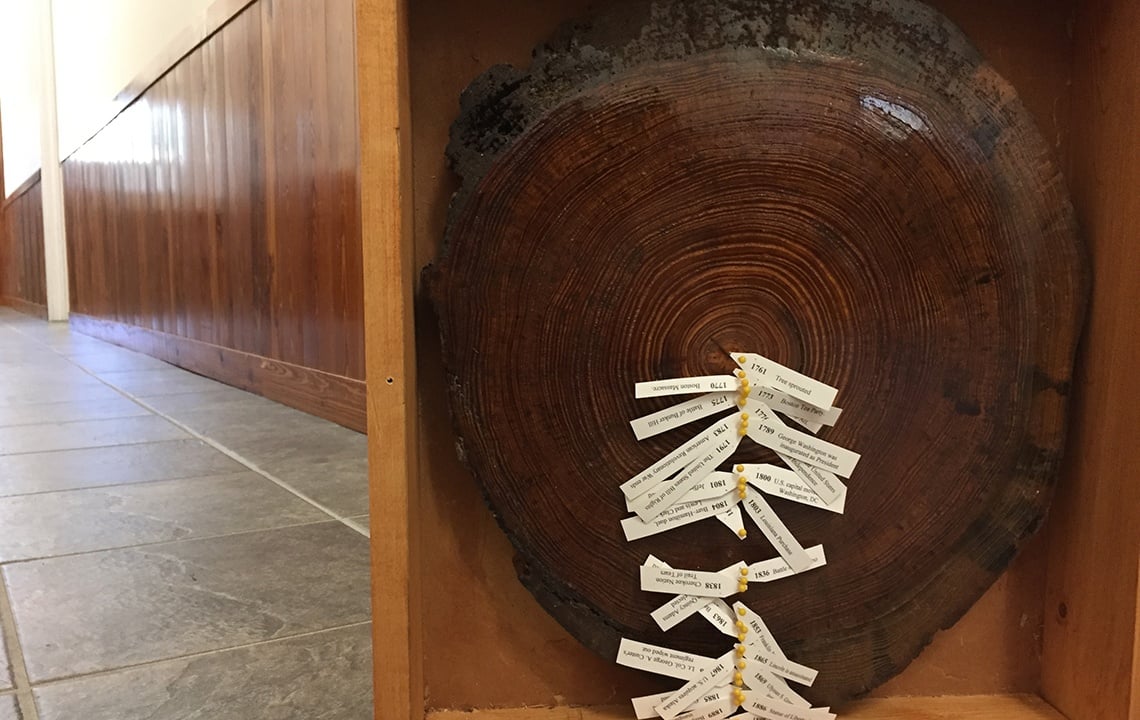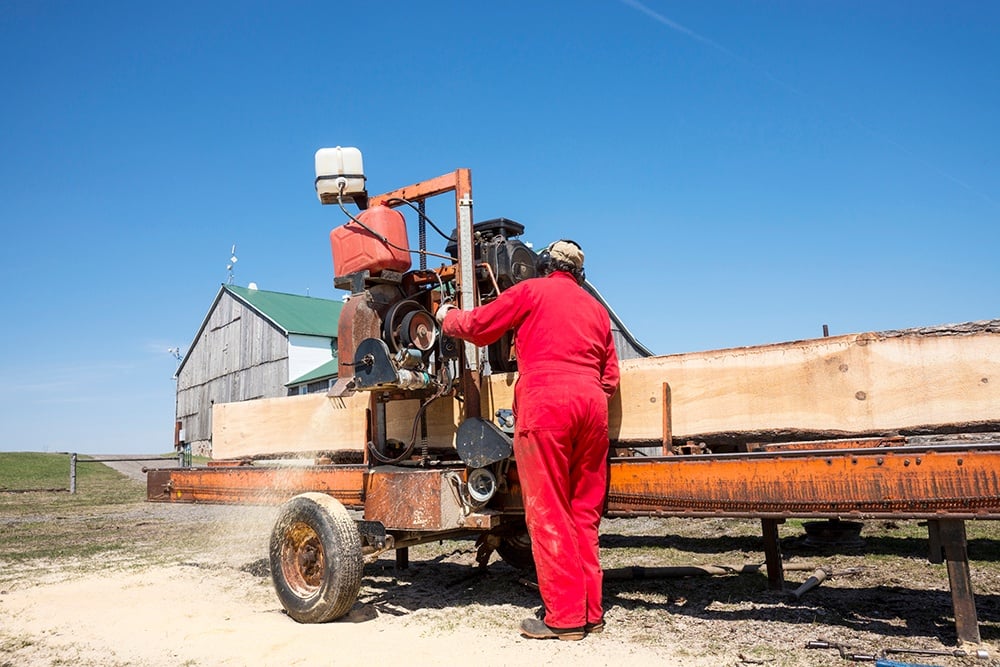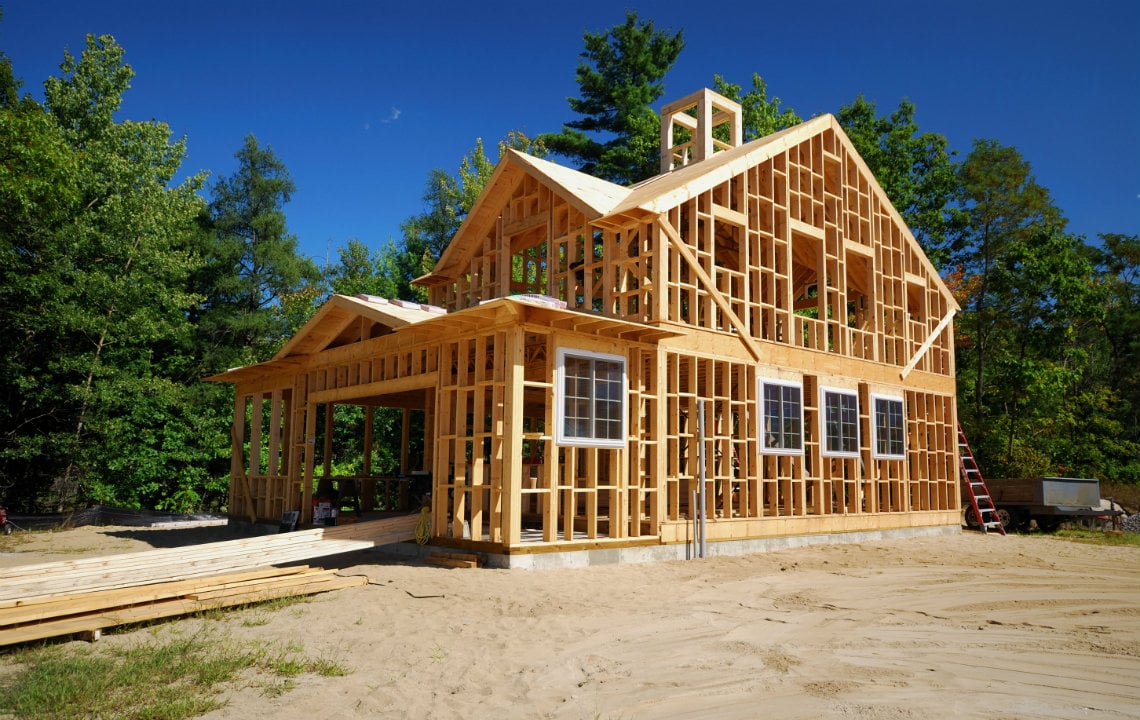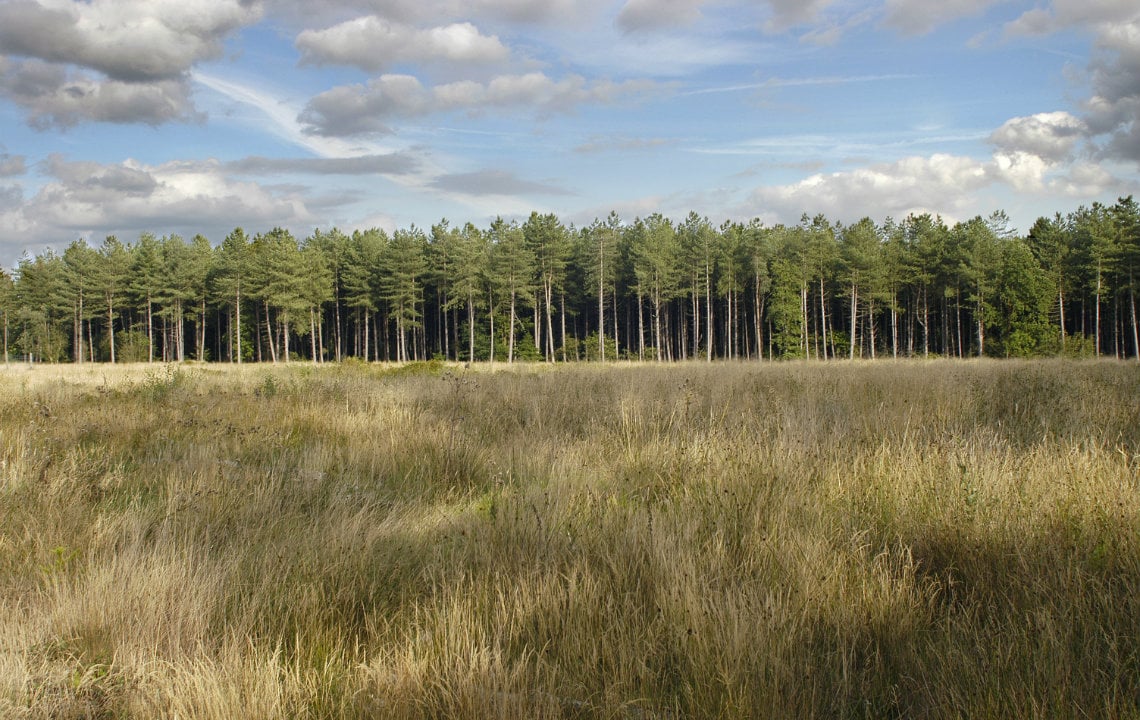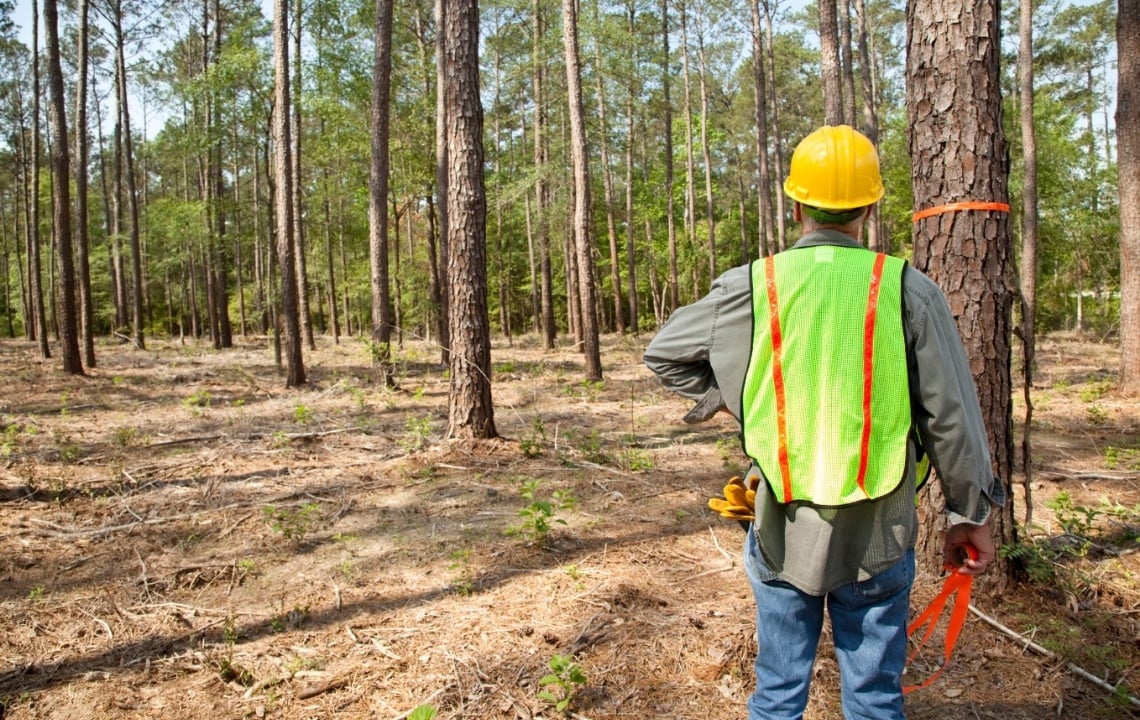Don't buy a property if you can't get the right of access you need. A land agent explains different types of land access and how to get access rights.
No matter how beautiful a property is, or how perfect it is for your ideal use, you need a practical way to reach it.
That’s why having access rights to land is perhaps the most important aspect to consider when buying land. We talked about types of easements with Rick Bourne, land agent with Southeastern Land Group, based in Greenville, Alabama.
Different types or road access rights for land owners
 |
| Bourne |
“There are several different kinds of access,” Bourne says. “There is public road frontage, which obviously gives you the clearest access to your property.”
But how can you access land without road frontage?
“The next best thing would be a deeded easement,” Bourne says. As the name suggests, that’s access specified in the deed and conveyed with the property.
“Those are the strongest types of easements,” he says. “When buying property, that’s the type to look for.”
Prescriptive easement is another form of access.
“That’s really nothing more than somebody’s word that you can use that access to come across their property to get to yours,” Bourne says. He advises against such informal arrangements, not only because of the possibilities of relationships souring, but primarily because of the financial implications.
“Most banks will not lend on a piece of property unless it has either road frontage or a deeded easement,” he says. “This affects the tract’s value because it essentially eliminates buyers who are seeking to finance their purchase through a lender.”
Deeded easements transfer with a property. Anything less might pose a problem when the property sells.
“It may not convey,” Bourne explains.
Find out if your locale has minimum right of access laws
 In some states, including Alabama, landowners cannot be denied access. (Check your state for specific state and local laws regarding minimum right of access requirements.) However, even with those laws, if a buyer wants to build on the property, there must be a utility easement—and gaining utility easement is not a given
In some states, including Alabama, landowners cannot be denied access. (Check your state for specific state and local laws regarding minimum right of access requirements.) However, even with those laws, if a buyer wants to build on the property, there must be a utility easement—and gaining utility easement is not a given
“That’s the way the state law is—they can’t deny you physical access,” Bourne explains, “but they can deny you a utilities easement.”
Having an ingress and egress easement isn’t necessarily all that’s needed to gain utilities access. The property “may come with an easement, but that easement may only be 20 feet wide,” Bourne says. “In some Alabama counties, it may require a 30 to 50 feet easement to be able to run utilities. If you’re planning on building a home, then you need to make sure you can run power to the property. It’s definitely something to realize so you don’t waste your time. If you’re looking to build, and the land doesn’t have the proper easement, you might as well work on getting it widened or move on to another tract.”
Formal deeded easements aren’t always necessary, however, depending on the property’s purpose.
“It just has to be a specific buyer that doesn’t necessarily care to ever have utilities on the property,” Bourne says. Examples might be someone wanting to grow timber or have a place to hunt. On the bright side, a lack of legal easement usually means cheaper land.
How to get access to landlocked property
What if you inherit land with no legal easement?
 “Take a look at what is the easiest access to the property. Is there a road in place that has historically been used for access?” Bourne says. “If there is no road, work with the other landowners and say, ‘Would you sell me an easement and, if so, what route works best for you?’”
“Take a look at what is the easiest access to the property. Is there a road in place that has historically been used for access?” Bourne says. “If there is no road, work with the other landowners and say, ‘Would you sell me an easement and, if so, what route works best for you?’”
Most of the time, offering a fair market price for the easement works. Buyers will also incur other costs including a survey cost, attorney fees and a recording cost.
“If they decide that they are not willing to cooperate and continue to deny access, I will often advise my clients to hire a real estate attorney to draft and send a letter stating the law regarding access to land-locked property,” he says.
A tract with no deeded access or road frontage is generally referred to as "landlocked." Usually, a letter does the trick. “I’ve never had one actually go to court,” Bourne says.





